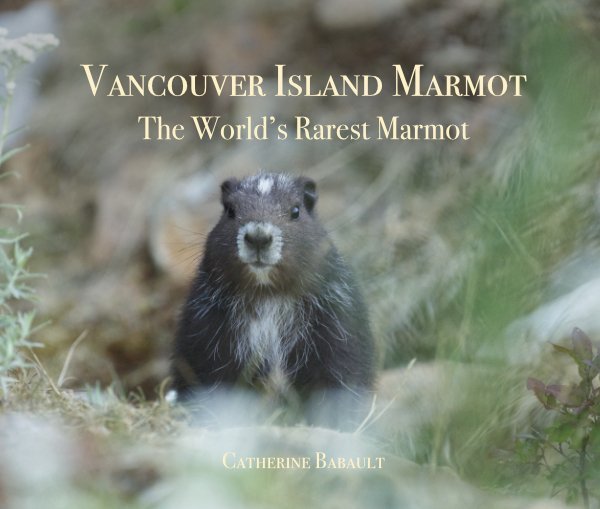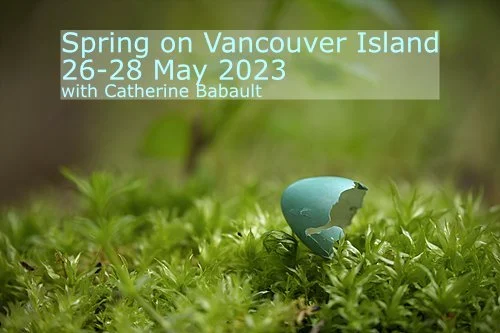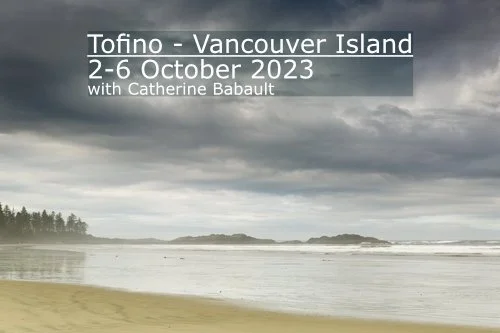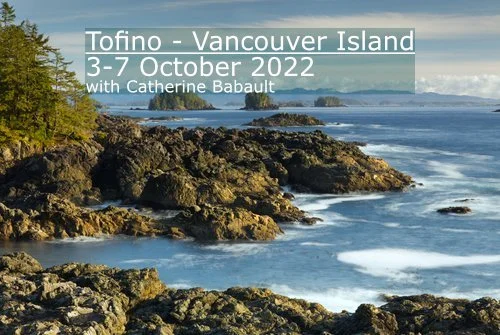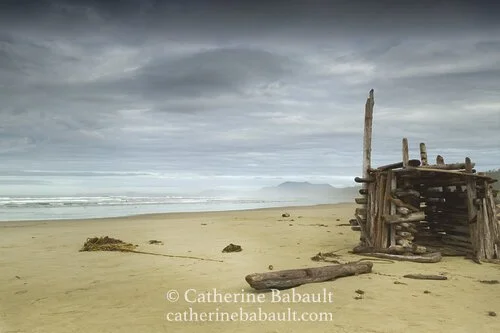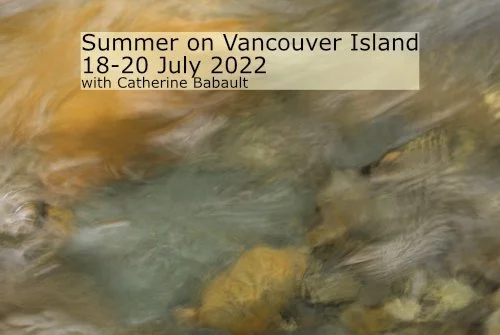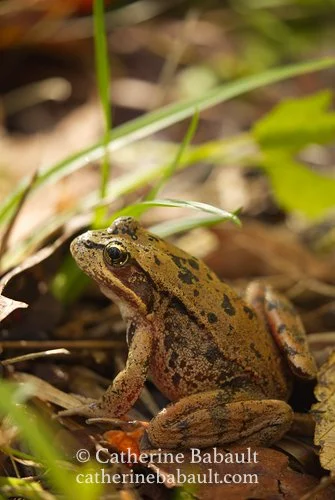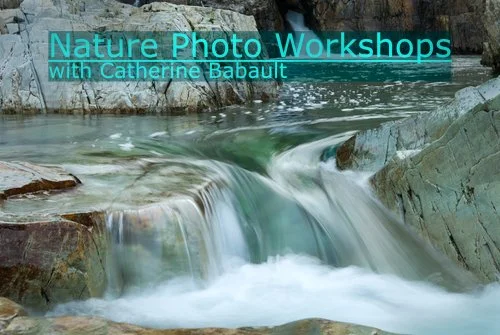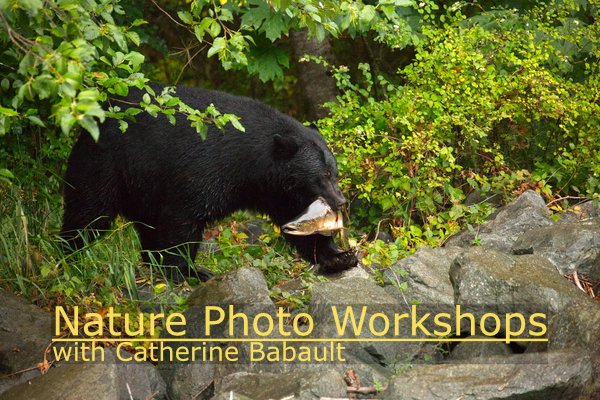On your visit to Vancouver Island, in British Columbia, join me for a photo tour or workshop. As a professional nature and wildlife photographer based on Vancouver Island, I know the best times and places to photograph nature far from the crowded touristic areas.
There are still spots available on photo workshops for this year, don’t miss your chance! You can also request a private tour or workshop at no extra cost, contact me to schedule yours. And if you like to plan in advance, I have added several photo workshops for 2024 and 2025.
Early birds get a free healthy lunch and a guaranteed spot!
2023
Half-day photo workshops in the Comox Valley
In English: 13 May, 17 June, 8 July, 12 August
In French: 20 May, 19 August
Three full days photo workshops in the field
Spring on Vancouver Island: 26 to 28 May
Summer on Vancouver Island: 21 to 23 July
Four days photo workshop in the field
Fall Colours on Vancouver Island: 12 to 15 October
Tofino
In French only: 18 to 22 September
In English: 2 to 6 October
2024
Half-day photo workshops in the Comox Valley
In English: 8 June, 17 August
In French: 4 May, 10 August
Full-day photo workshops in the field
Herring Spawn: 10 March
Herring Spawn: 13 March
Herring Spawn: 15 March
Three full days photo workshops in the field
Spring on Vancouver Island: 17 to 19 May
Summer on Vancouver Island: 19 to 21 July
Fall Colours on Vancouver Island: 18 to 20 October
Tofino: 23 to 27 September
2025
Half-day photo workshops in the Comox Valley
In English: 7 June, 16 August
In French: 3 May, 9 August
Full-day photo workshops in the field
Herring Spawn: 9 March
Herring Spawn: 12 March
Herring Spawn: 14 March
Three full days photo workshops in the field
Spring on Vancouver Island: 16 to 18 May
Summer on Vancouver Island: 18 to 20 July
Fall Colours on Vancouver Island: 17 to 19 October
Tofino: 22 to 26 September



